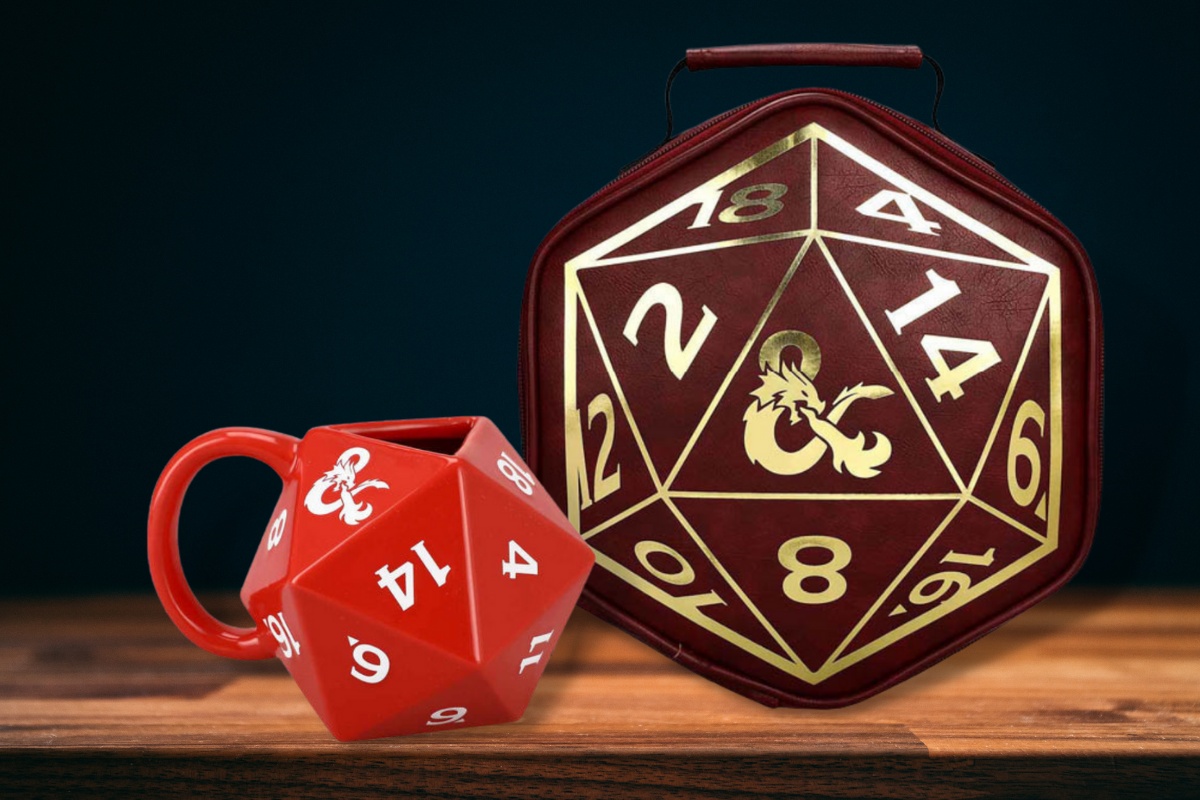Dungeons & Dragons 101: How To Get Started
Updated by Brittany Vincent
Dungeons & Dragons (D&D) is a tabletop role-playing game (TTRPG) that allows players to go on a fantasy adventure with only dice, paper, and a dream. D&D has gone from niche hobby, to "satanic panic" scapegoat, to a worldwide sensation in the five decades since its creation. Despite its current popularity, though, a group playing a campaign of D&D would be almost indecipherable to the uninitiated! If you're looking to venture into the world of D&D in 2026, start here to learn more about Dungeons & Dragons and what makes it so appealing to diverse groups of imaginative people.

Where Did Dungeons & Dragons Come From?
The original version of Dungeons & Dragons was created in 1974 by Gary Gygax and Dave Arneson. The two were wargaming hobbyists who realized they could adapt a fantasy setting to a tabletop format. They worked out the initial ruleset, but could not find a publisher willing to back the project. Undeterred, the two were eventually able to get together enough money to start producing the game with a little help from a childhood buddy.
The first edition of the game rules came in a three-volume set of digest-sized books. It cost only $2,000 to produce the first run of 1,000 copies, and only $100 was budgeted for the (now legendary) artwork.
The three volumes were named:
Volume 1: Men & Magic
Volume 2: Monsters & Treasure
Volume 3: The Underworld & Wilderness Adventure
This early version of the game only had three classes, four races, and three alignments (not many by today's standards). It also assumed that players owned and were familiar with another of Gygex's creations: a medieval wargame called Chainmail . While the basics were there, it wasn't the standalone product we know today.
In 1977, Dungeons & Dragons introduced the format that is still used. It completely reorganized the rules into three hardcover books. These "core rulebooks"—the Player's Handbook, Dungeon Master's Guide, and Monster Manual—are the heart of D&D upon which all other supplements build.

D&D campaigns can take anywhere from a few hours to years to complete, and participating can be a big commitment. Before deciding whether D&D is right for you, realize that it takes a lot of time to become comfortable with the huge amount of information needed to play it. If you're looking for an in-depth, gratifying experience that's big on imagination, though, there are few better ways to get creative than with this beloved tabletop role-playing game in 2026.














